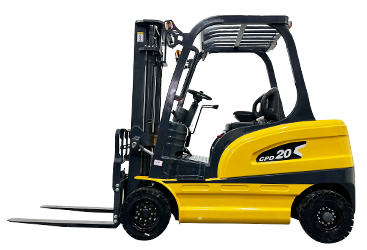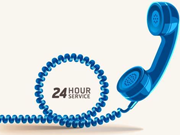Tel
+8613465798055
When first-time buyers Google “Do electric forklifts take water?” they are usually worried about daily maintenance. The short answer is: only the battery may need water, and even that depends on the battery type. Understanding this nuance keeps your fleet running and your search results accurate.

Traditional lead-acid batteries generate electricity through a chemical reaction between lead plates and sulfuric acid. During charge and discharge, water in the electrolyte splits into hydrogen and oxygen, gradually lowering the fluid level. Operators must top up the cells with distilled water roughly every 5–10 charging cycles. Neglecting this step exposes the plates, causing irreversible sulfation and capacity loss.
Modern electric forklifts increasingly ship with lithium-ion packs. These sealed units use a non-liquid electrolyte, eliminating the need for watering entirely. For facilities aiming to cut labor and chemical handling, lithium is a maintenance-free upgrade that also recharges faster and lasts longer.
If your fleet still runs on flooded lead-acid, install an automatic watering system or schedule weekly manual checks. Always water after charging, not before, to prevent overflow and acid dilution. Wear PPE, use de-ionized water, and log each cell’s level in your CMMS to satisfy OSHA and warranty requirements.
So, do electric forklifts take water? Only their lead-acid batteries do, and even that chore is disappearing as lithium adoption grows. By matching battery technology to your operational goals, you can reduce downtime, cut labor, and keep your Google-friendly content up to date.
Hot products
Tel:+8613465798055
E-mail:dwmachine@sddwm.com
